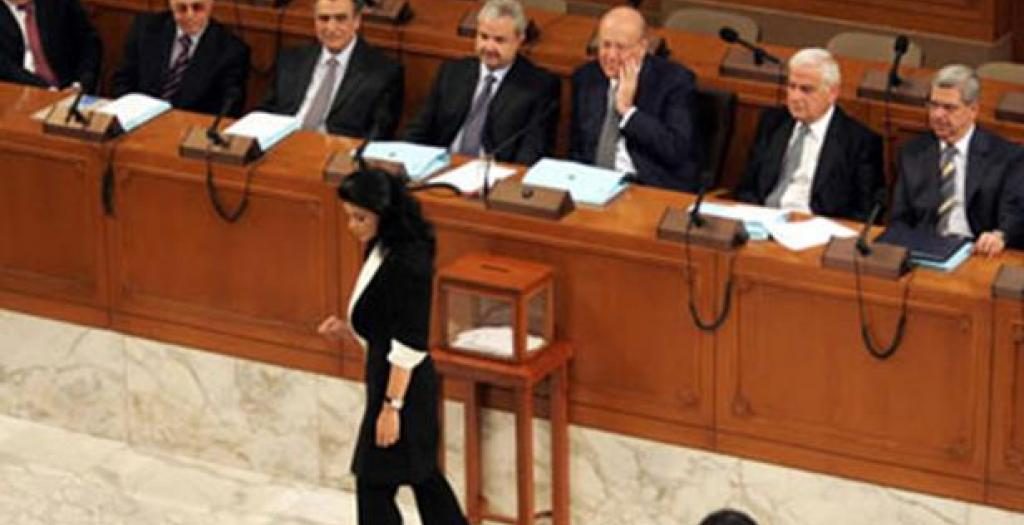id=”441″ id=”post-1106″ class=”wp-post-content-block ” itemscope itemtype=”http://schema.org/BlogPosting” itemprop=”blogPost”>
Women’s Road to Parliament is Riddled with Obstacles
Article by Sami Atallah and Daniel Garrote Sanchez
The Lebanese Centre for Policy Studies
The May 2018 elections have been hailed as a step toward strengthening the role of women in Lebanese politics. After all, eighty-six women candidates ran for parliament compared to only twelve in 2009. It is striking that these women are not only younger on average than male candidates by eight years, but they are more educated: 90% have postgraduate degrees—master’s degrees or PhDs—compared to only 55% of male candidates. The majority of the women candidates—seventy of them—ran on non-partisan or civil society lists.
Political parties have generally been reluctant to increase the presence of female candidates as only nine out of the eighty-six female candidates ran on the lists of one of the six main parties: Three for the Future Movement (Bahia Hariri, Roula Tabesh, and Dima Jamali), three for the Free Patriotic Movement (Ghada Assaf, Greeta Saab, and Corine Al-Ashkar), two for the Lebanese Forces (Sethrida Tawk and Jessica Azar), and one for Amal (Inaya Ezzeddine). There were no female candidates on the Hezbollah and Progressive Socialist Party lists. On the other hand, Kuluna Watani, a civil society group, had nineteen women candidates on their list, surpassing the number of female candidates put up by the six largest political parties altogether.




